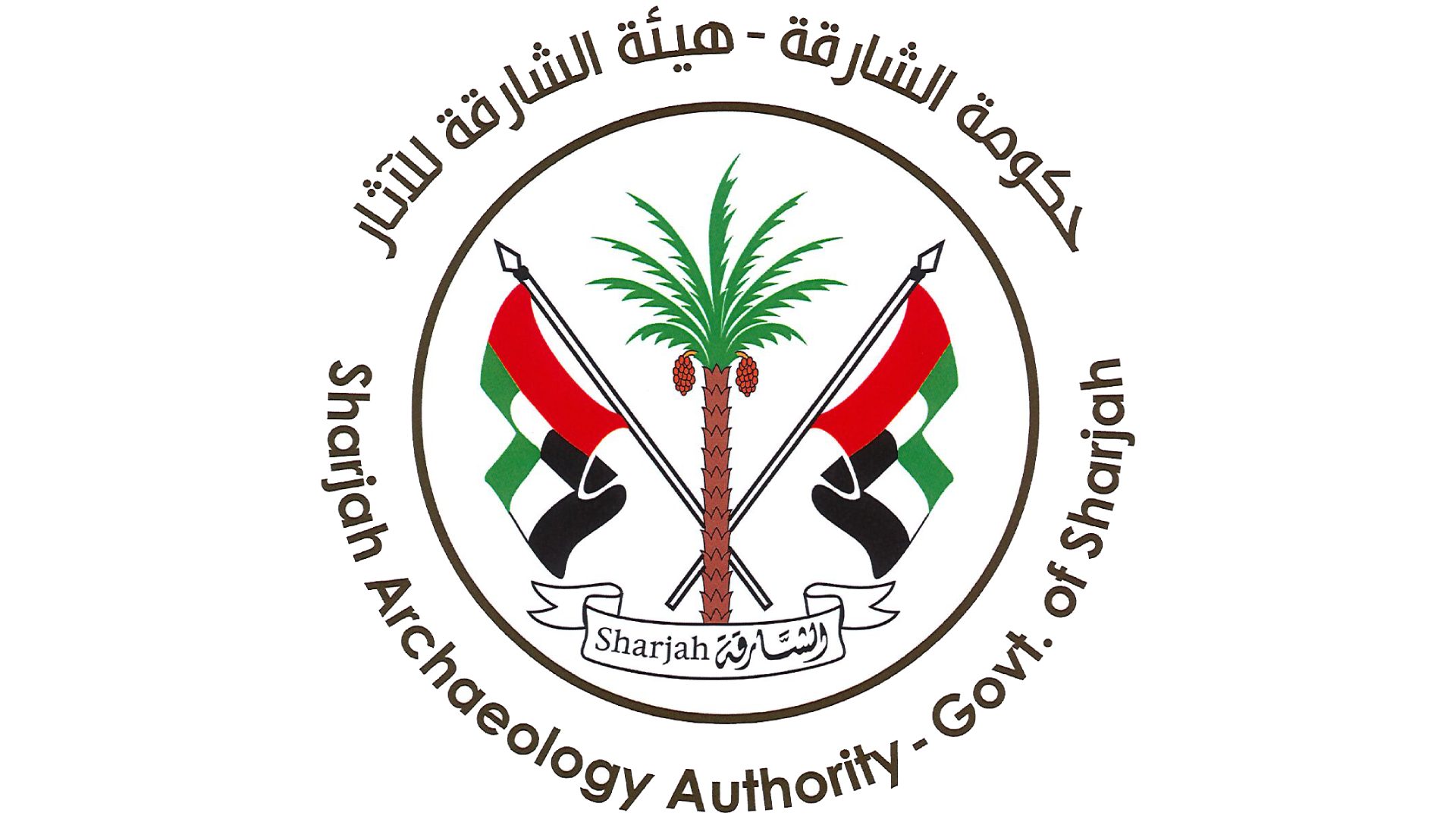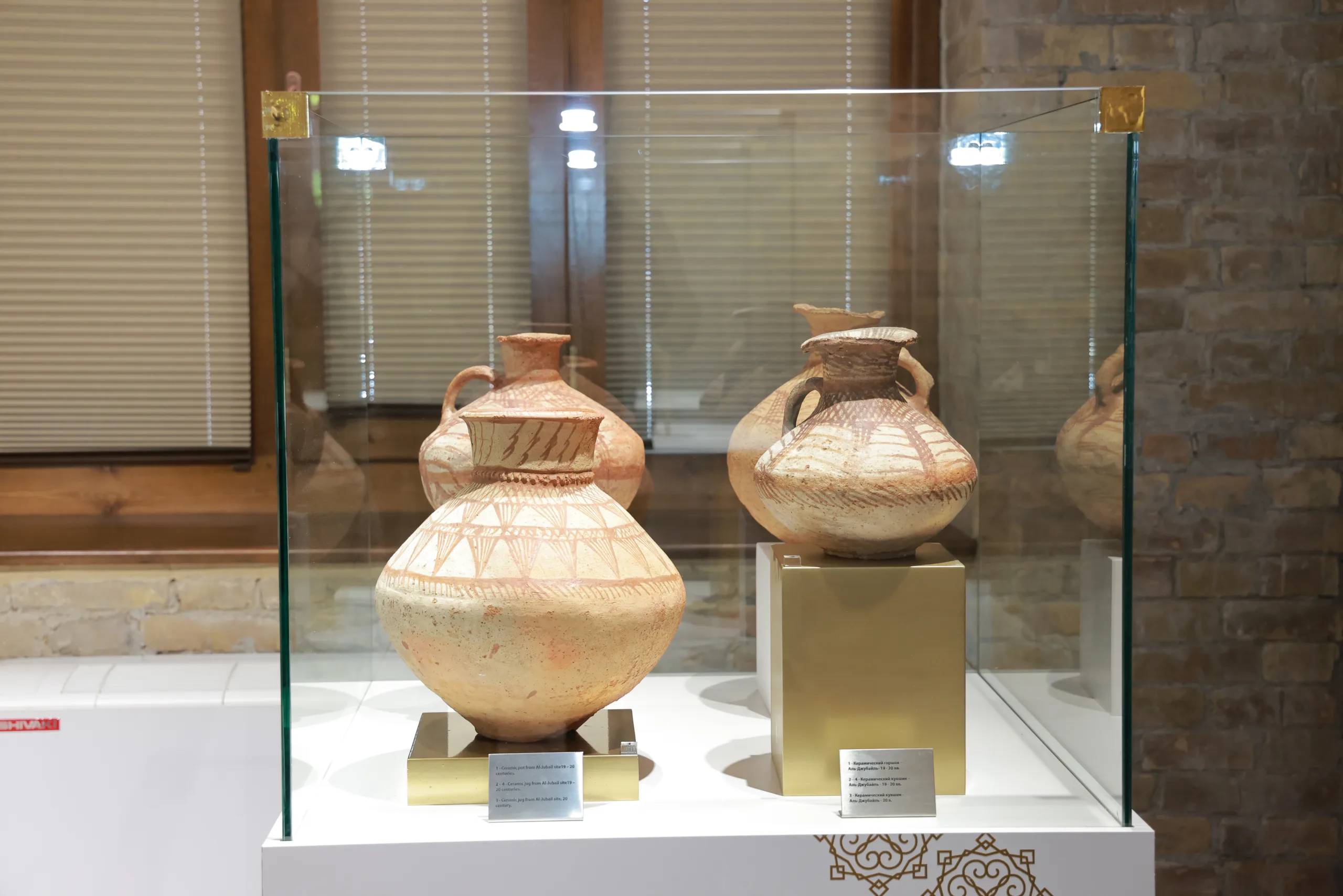Sharjah, 18th November 2020: The Sharjah Archaeology Authority (SAA), recently organized a virtual lecture titled “Managing the Tangible Heritage, Documentation, Conservation and Accessibility” The lecture was moderated by Dr Radwan Abdel Radi, Assistant Professor of Egyptian Archaeology, at the Aswan University, founder and director of the Aswan Center for Civilization and Heritage at Aswan University. He discussed about the significance of the heritage holistically, it’s various patterns, divisions and the importance of preserving and protecting for generations to come.
The lecture was organized by the Authority, as part of a series of specialized weekly scientific lectures with the intention of spreading awareness of the restoration and maintenance of antiquities. The lecture was attended by over 150 participants interested in preserving antiquities from within the region and overseas.
While providing the exact definition of ‘heritage,’ Dr Radi said: “There are several definitions for the term, but the most prominent being that heritage is the summary of whatever the previous generations left behind for the current generations; to understand and learn important lessons from. These can be in the form of either traditions, monuments, culture, contemporary activities, contents and behaviors; everything that is an essential part of the present and future and which can be transmitted from generation to generation.”
Dr Radi added that the year 2002 was declared as the United Nations Year for Cultural Heritage by UNESCO which as mentioned in a resolution issued by them, “Underlined the significance of protecting the world’s cultural tangible and intangible heritage as a common ground for the promotion of mutual understanding and enrichment among cultures and civilizations.”
He further went on to say that tangible heritage includes artifacts, monuments, buildings, paintings and decorations; everything that is material. Also part of the heritage are national parks, marine protected areas, special reserves, botanical gardens, animal and plant habitats and geological sites.
Intangible heritage consists of customs and traditions and what people express in terms of opinions, ideas and feelings, which are transmitted from generation to generation, in the form of traditions, crafts, costumes, food music, holidays and other celebrations. It also includes the practices, perceptions and forms of expression, knowledge and skills, and the associated machines, parts, artifacts and cultural places.
Dr Radi explained that the most important aspect in studying heritage is understanding the balance between original and contemporary; that is combining what is traditional, ancient and modern without confusing it with modern technology and its use in development.
He concluded the lecture by stating that a country’s heritage reflects the identity of its people and provides a better understanding of the nation’s history, civilization, economy and development. As citizens of a country, it is our duty to safeguard our rich heritage so that institutions, societies and individuals can benefit from them in times to come.



